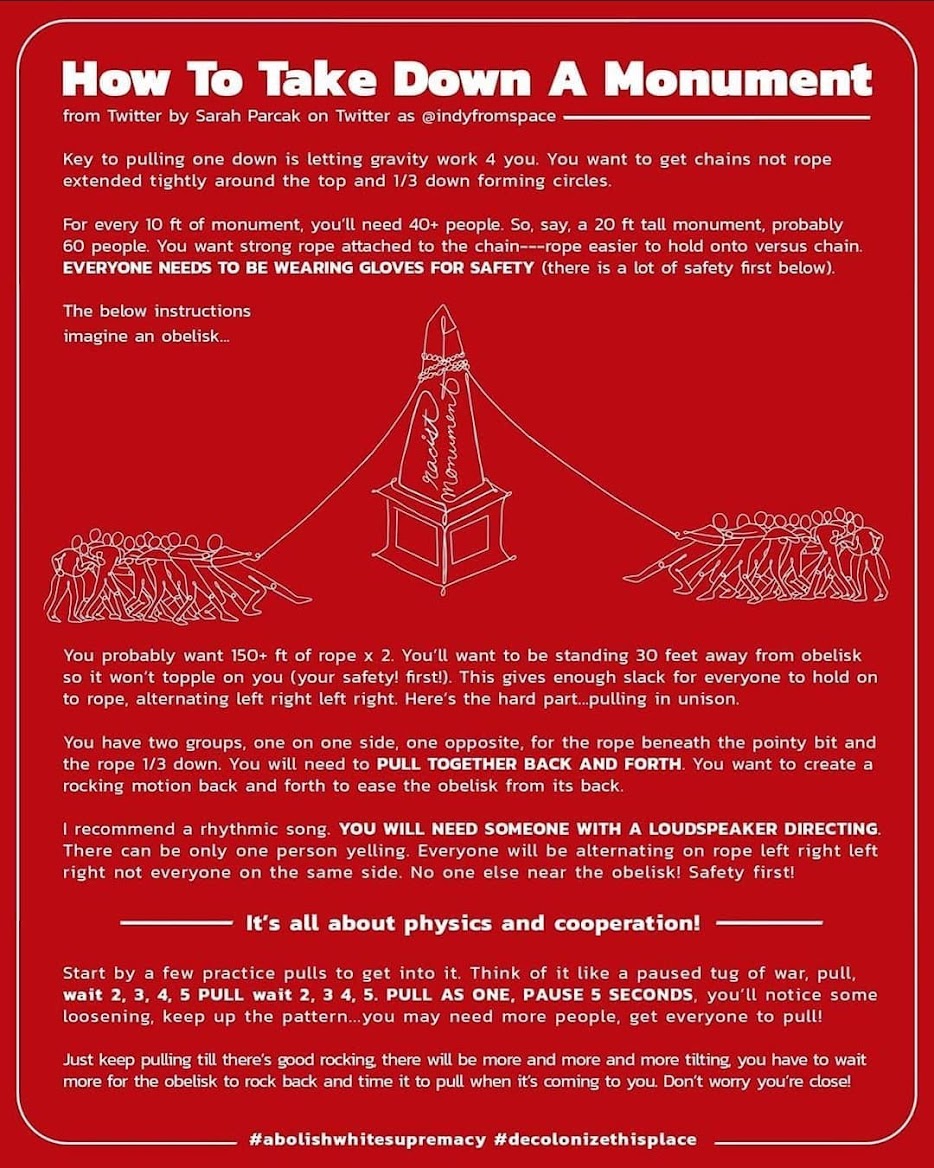National Public Radio
March 25, 2011
Second in a two-part series on private prisons
The country with the highest incarceration rate in the world — the United States — is supporting a $3 billion private prison industry. In Texas, where free enterprise meets law and order, there are more for-profit prisons than any other state. But because of a growing inmate shortage, some private jails cannot fill empty cells, leaving some towns wishing they'd never gotten in the prison business.
It seemed like a good idea at the time when the west Texas farming town of Littlefield borrowed $10 million and built the Bill Clayton Detention Center in a cotton field south of town in 2000. The charmless steel-and-cement-block buildings ringed with razor wire would provide jobs to keep young people from moving to Lubbock or Dallas.
For eight years, the prison was a good employer. Idaho and Wyoming paid for prisoners to serve time there. But two years ago, Idaho pulled out all of its contract inmates because of a budget crunch at home. There was also a scandal surrounding the suicide of an inmate.
Shortly afterward, the for-profit operator, GEO Group, gave notice that it was leaving, too. One hundred prison jobs disappeared. The facility has been empty ever since.
A Hard Sell
"Maybe ... he'll help us to find somebody," says Littlefield City Manager Danny Davis good-n aturedly when a reporter shows up for a tour.
The 372-bed Bill Clayton Detention Center is a medium-security prison that is currently sitting empty in Littlefield, Texas.
For sale or contract: a 372-bed, medium-security prison with double security fences, state-of-the-art control room, gymnasium, law library, classrooms and five living pods.
Davis opens the gray steel door to a barren cell with bunk beds and stainless-steel furniture.
"You can see the facility here. [It's] pretty austere, but from what I understand from a prison standpoint, it's better than most," he says, still trying to close the sale.
For the past two years, Littlefield has had to come up with $65,000 a month to pay the note on the prison. That's $10 per resident of this little city.
A Resident Burden
Is the empty prison a big white elephant for the city of Littlefield?
"Is it something we have that we'd rather not have? Well, today that would probably be the case," Davis says.
To avoid defaulting on the loan, Littlefield has raised property taxes, increased water and sewer fees, laid off city employees and held off buying a new police car. Still, the city's bond rating has tanked.
The village elders drinking coffee at the White Kitchen cafe are not happy about the way things have turned out.
"It was never voted on by the citizens of Littlefield; [it] is stuck in their craw," says Carl Enloe, retired from Atmos Energy. "They have to pay for it. And the people who's got it going are all up and gone and they left us... "
"...Holdin' the bag!" says Tommy Kelton, another Atmos retiree, completing the sentence.
The Declining Prison Population
The same thing has happened to communities across Texas. Once upon a time, it seems every small town wanted to be a prison town. But the 20-year private prison building boom is over.
Some prisons are struggling outside Texas, too.
Hardin, Mont., defaulted on its bond payments after trying, so far unsuccessfully, to fill its 464-bed minimum security prison. And a prison in Huerfano County, Colo., closed after Arizona pulled out its 700 inmates.
According to the Bureau of Justice Statistics, the total correctional population in the United States is declining for the first time in three decades. Among the reasons: The crime rate is falling, sentencing alternatives mean fewer felons doing hard time and states everywhere are slashing budgets.
The Texas legislature, looking for budget cuts, is contemplating shedding 2,000 contract prison beds. Statewide, more than half of all privately operated county jail beds are empty, according to figures from the Texas Commission on Jail Standards.
"Too many times we've seen jails that have got into it and tried to make it a profitable business to make money off of it and they end up fallin' on their face," says Shannon Herklotz, assistant director of the commission.
The packages look sweet. A town gets a new detention center without costing the taxpayers anything. The private operator finances, constructs and operates an oversized facility. The contract inmates pay off the debt and generate extra revenue.
The economic model works fine until they can't find inmates.
In Waco, McLennan County borrowed $49 million to build an 816-bed jail and charge day rates for bunk space. But today because of the convict shortage, the fortress east of town remains more than half empty. The sheriff and county judge, once champions of the new jail, now decline to comment on it.
Former McLennan County Deputy Rick White, who opposed the jail, had this to say about the prison developers who put the deal together: "They get the corporations formed, they get the bonds sold, they get the facility built, their money is front-loaded, they take their money out. And then there's no reason for them to support the success of the facility."
Two of Texas' busiest private prison consultants — James Parkay and Herb Bristow — declined repeated requests for interviews.
The Inmate Market
According to the Bureau of Justice Statistics, the total correctional population in the United States is declining for the first time in three decades. Among the reasons: The crime rate is falling, sentencing alternatives mean fewer felons doing hard time and states everywhere are slashing budgets.
Private prison companies insist their future is sunny.
A spokesman for the GEO Group declined to speak about the Littlefield prison, but he sent along a slew of press releases highlighting the company's new inmate contracts and prison expansions across the country.
Corrections Corporation of America, the nation's largest private prison operator, says the demand for its facilities remains strong, particularly for federal immigration detainees.
New Jersey-based Community Education Centers, which has been pulling out of unprofitable jails across Texas, issued a statement that "the current (jail) population fluctuation" is cyclical.
One of the places where CEC is cancelling its contract is Falls County, in central Texas, where a for-profit jail addition is losing money. Now it's up to Falls County Judge Steve Sharp to hustle up jailbirds: "If somebody is out there charging $30 a day for an inmate, we need to charge $28. We really don't have a choice of not filling those beds," he said.
Another place where they're desperate for inmates is Anson, the little town north of Abilene, Texas, once famous for its no-dancing law. Today, Jones County owns a brand-new $34 million prison and an $8 million county jail, both of which sit empty. The prison developers made their money and left. Then the Texas Department of Criminal Justice reneged on a contract to fill the new prison with parole violators. The county's Public Facility Corporation that borrowed the money to build the lockups owes $314,000 a month — with no paying inmates. They've got a year's worth of bond service payments set aside before county officials start to sweat.
"The market has changed nationwide in the last 18 months or two years. It's certainly a different picture than when we started this project. And so we're continuing to work the problem," Jones County Judge Dale Spurgin says.
Grayson County, north of Dallas, said no to privatizing its jail. Two years ago, the county was all set to build a $30 million, 750-bed behemoth twice as big as was needed. But the public got queasy and county officials ultimately scuttled the deal.
"When you put the profit motive into a private jail, by design, in order to increase your dollars, your revenues, your profits, you need more folks in there and they need to stay longer," says Bill Magers, mayor of the county seat of Sherman, a leading opponent.
When the supply of prison beds exceeds the demand for prison beds, there are beneficiaries.
The overcrowded Harris County Jail in Houston, the nation's third largest, farms out about 1,000 prisoners to private jails. Littlefield and most other under-occupied facilities in Texas have all been in touch with Houston.
"It really is a buyer's market right now, especially a county our size," says Capt. Robin Kinetsky, who is in charge of inmate processing for the Harris County Sheriffs Department. "They're really wanting to get our business. So, we're getting good deals."
Nearby, disheveled and unsmiling men are brought from a holding cell to stand before a booking officer for their intake interviews. The detainees are wholly unaware that they may soon become the newest commodities of the volatile inmate market.
Aarti Shahani contributed to this NPR News investigation and report.









No comments:
Post a Comment